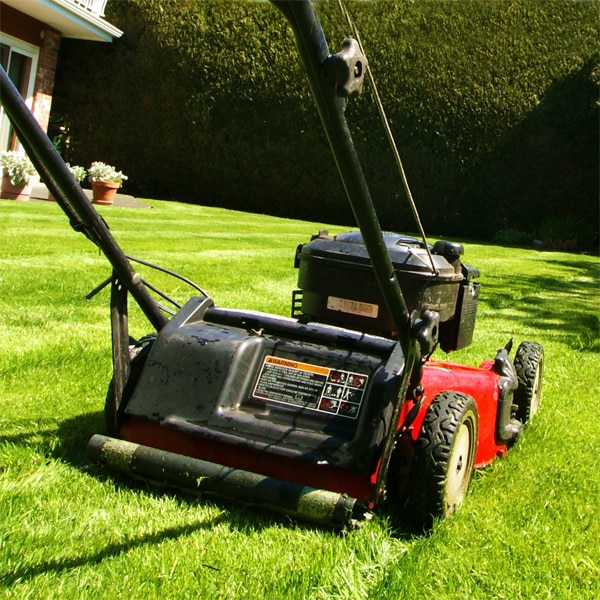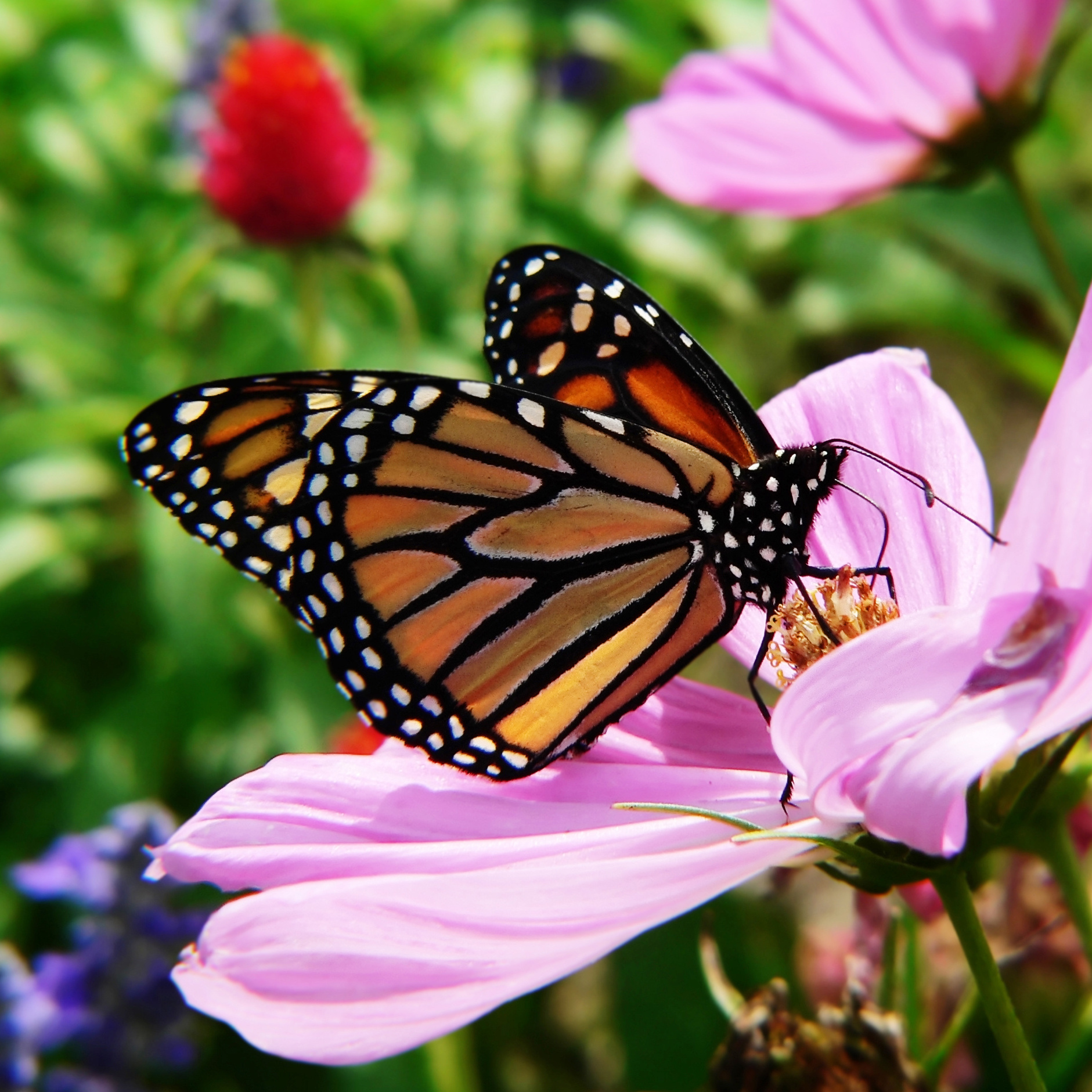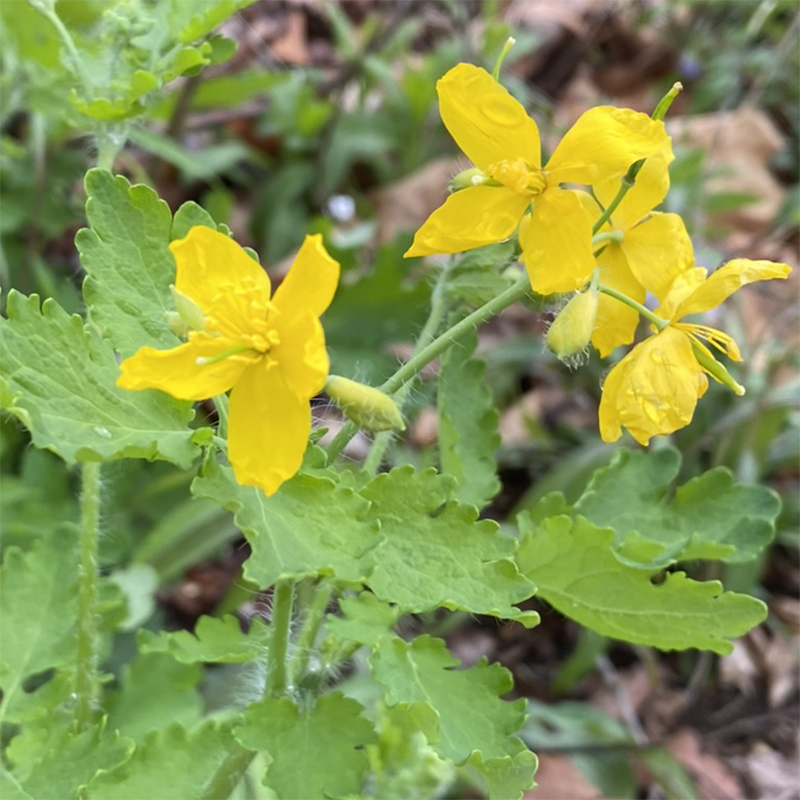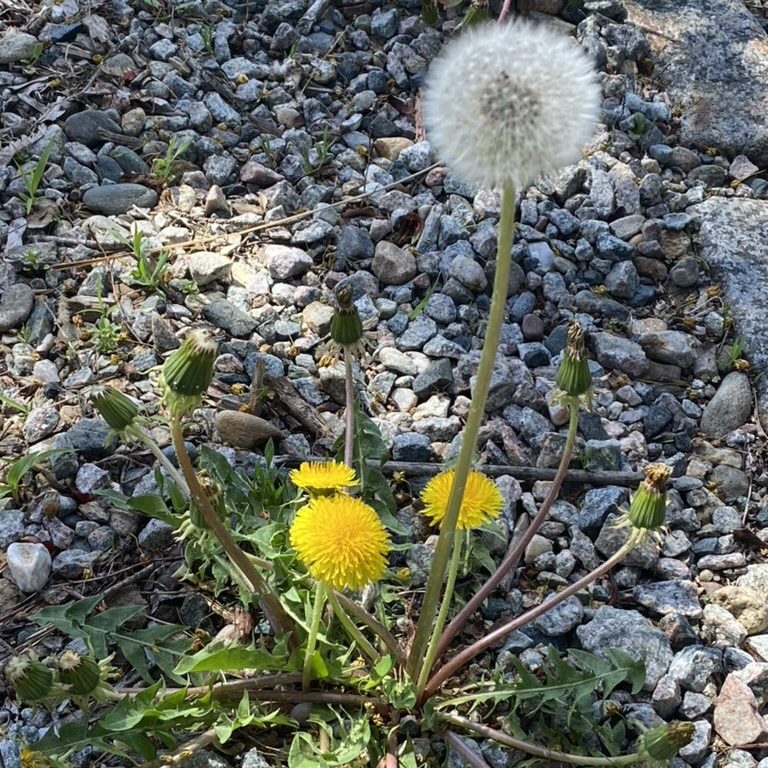
A frequent question we get here at the garden center is can the average homeowner maintain a high quality lawn using strictly the “organic” method? Absolutely! In fact, the 4 – step lawn program has already gone organic. Most gardeners are familiar with the Espoma line of high quality, all natural fertilizers, which are mostly plant and animal based. The Espoma 4 – step lawn program includes pre-emergent weed control (including crabgrass) with corn gluten, a spring lawn booster (8-3-1) derived from poultry manure and feather meal, plus gypsum, a summer revitalizer (8-0-0) with added calcium, sulfur, and iron for color enhancement, and a high potassium fall winterizer (8-0-5). All of these products contain natural ingredients with no synthetic pesticides or other chemicals.
Going the organic route certainly requires that the homeowner switch focus from simply “fertilizing the grass” to managing the ecosystem, particularly the soil. Soil testing and pH adjustment becomes critical. The complex nutrients bound up in organic fertilizers need to be released by microbial populations in the soil in order to be made available for root uptake. In addition, loosening and enriching compacted soils helps promote deep rooting. Jonathan Green Magical – Plus is a lime/gypsum combination product that addresses both issues.
What about specific problems that inevitably crop up in lawns? (Think weeds, insects, disease, etc.) Will I need to resort to the traditional synthetic pesticides that I have relied on in the past?
Not necessarily. There are effective alternative control products available that qualify as organic.
Broadleaf weeds – Forget the chemically based herbicides, many of which have become controversial. Bonide Weed Beater Fe, which can selectively remove broadleaf weeds (plantain, dandelions) from established turf without damaging the good grass, is an excellent option. It directs a concentrated dose of iron to suppress unwanted broadleafs.
Surface feeding insects – Jonathan Green Organic Insect Control uses naturally occurring plant oils to repel and kill chinch bugs, sod webworm, ants, ticks, and others without the use of harsh chemicals.
Grubs – St. Gabriel Organics still produces milky spore disease, and old standby material that uses a bacterium to parasitize the grub larvae that is completely safe for humans and pets. Also consider releasing beneficial nematodes as an alternative organic control to using Merit or Dylox.
Disease – Lawn diseases can very quickly devastate otherwise healthy turf. Bonide’s Revitalize is a preventative, broad spectrum biofungicide. The active ingredient is a beneficial bacterium, designed to be applied before disease symptoms appear. It is particularly effective on lawns with a history of chronic decline due to leaf spot, red thread, dollar spot and other damaging pathogens. The material is effective whether the infection involves roots, crown, or leaf growth.
In summary, while organic lawn care programs were once seen as “quirky”, they have definitely become mainstream and even trend setting. The chemical companies have quickly come to recognize this and the products are out there to meet the demand. The good news is that these improved products have become increasingly effective in solving the wide range of problems that DIY homeowners may have to deal with as they manage their own properties.







